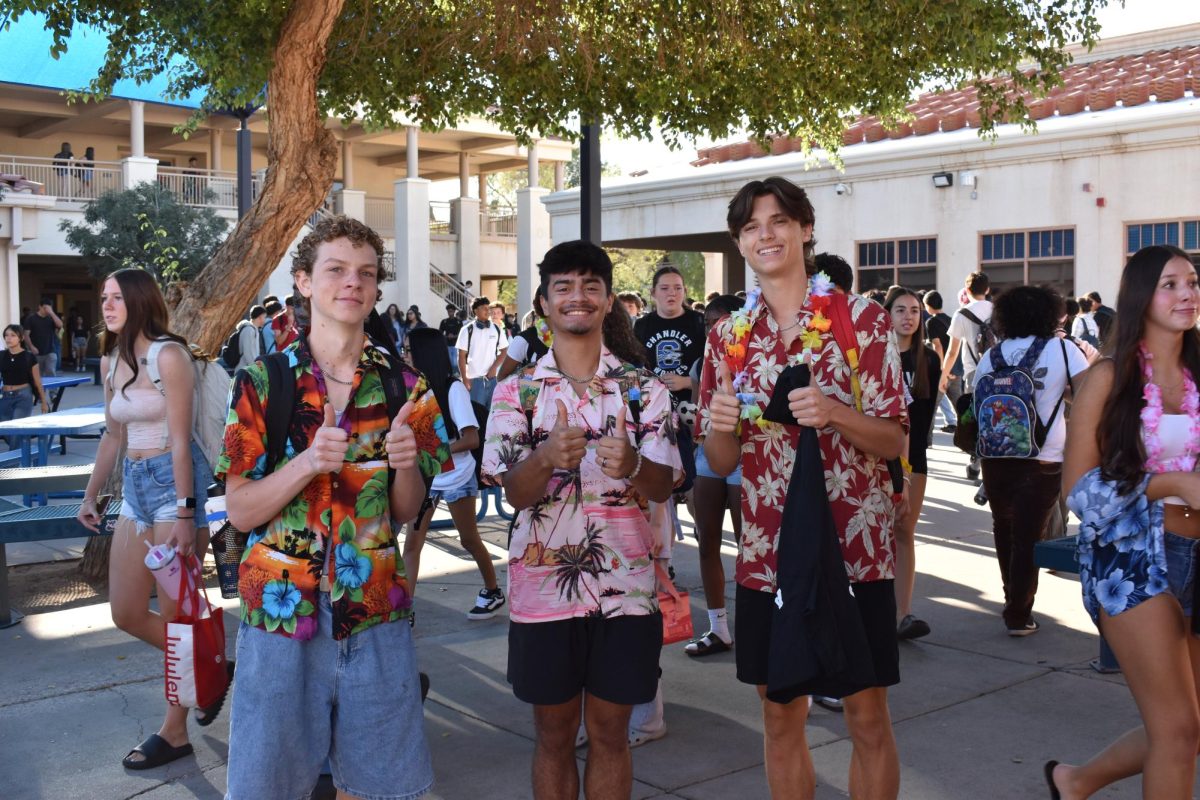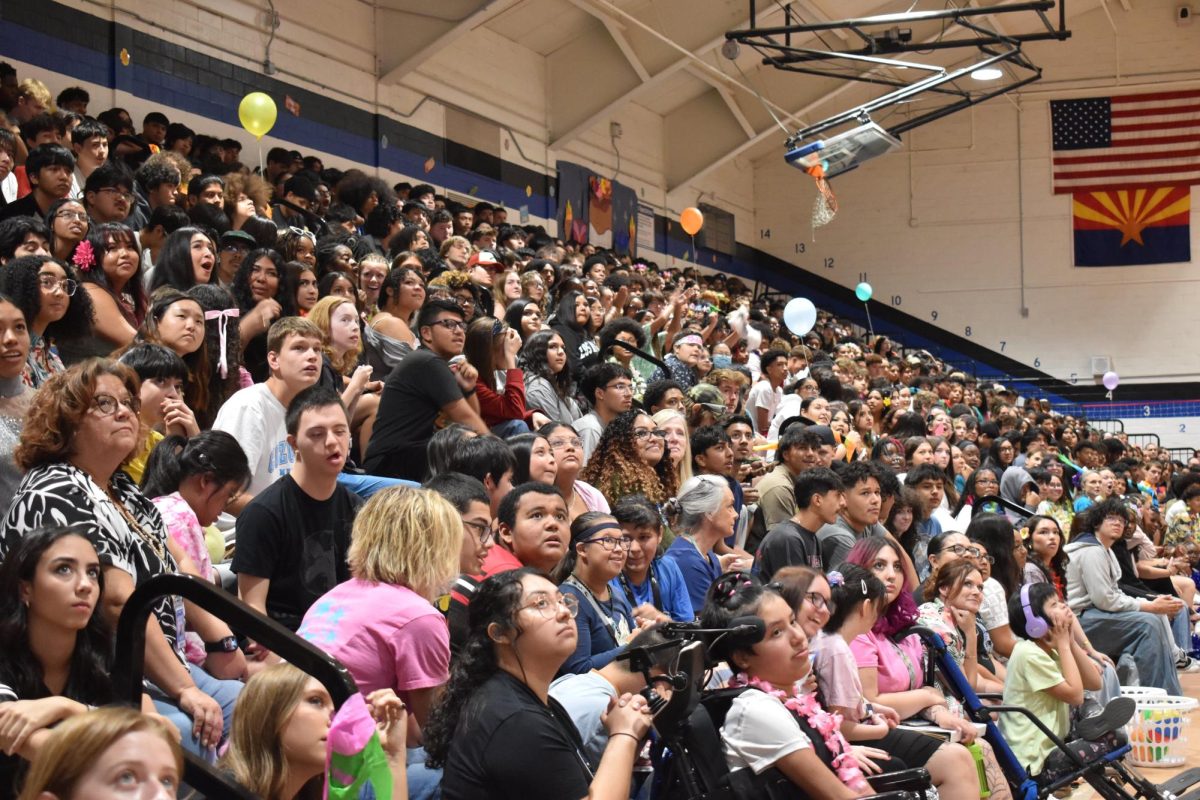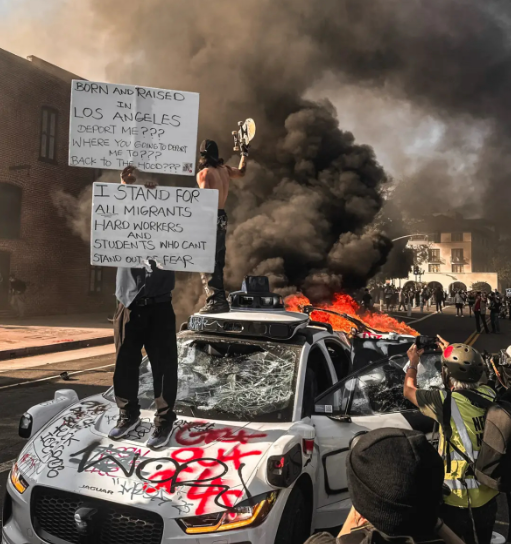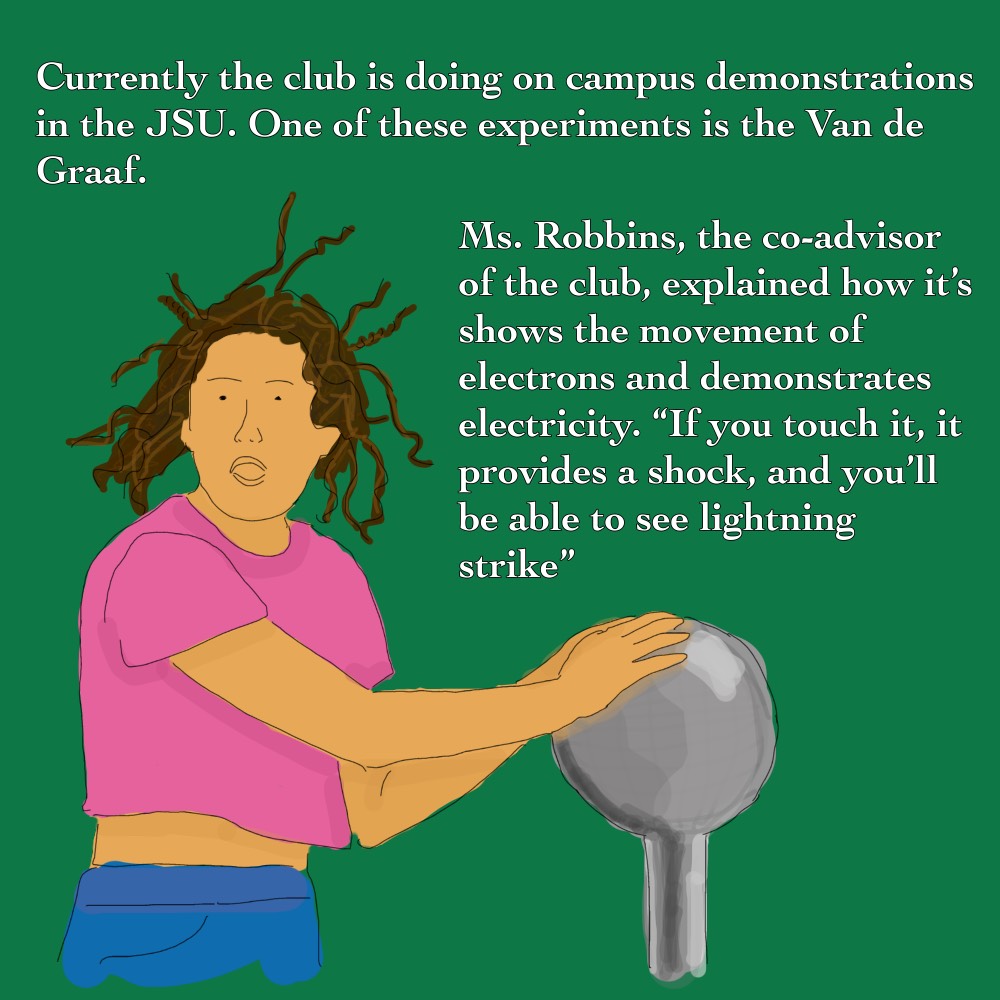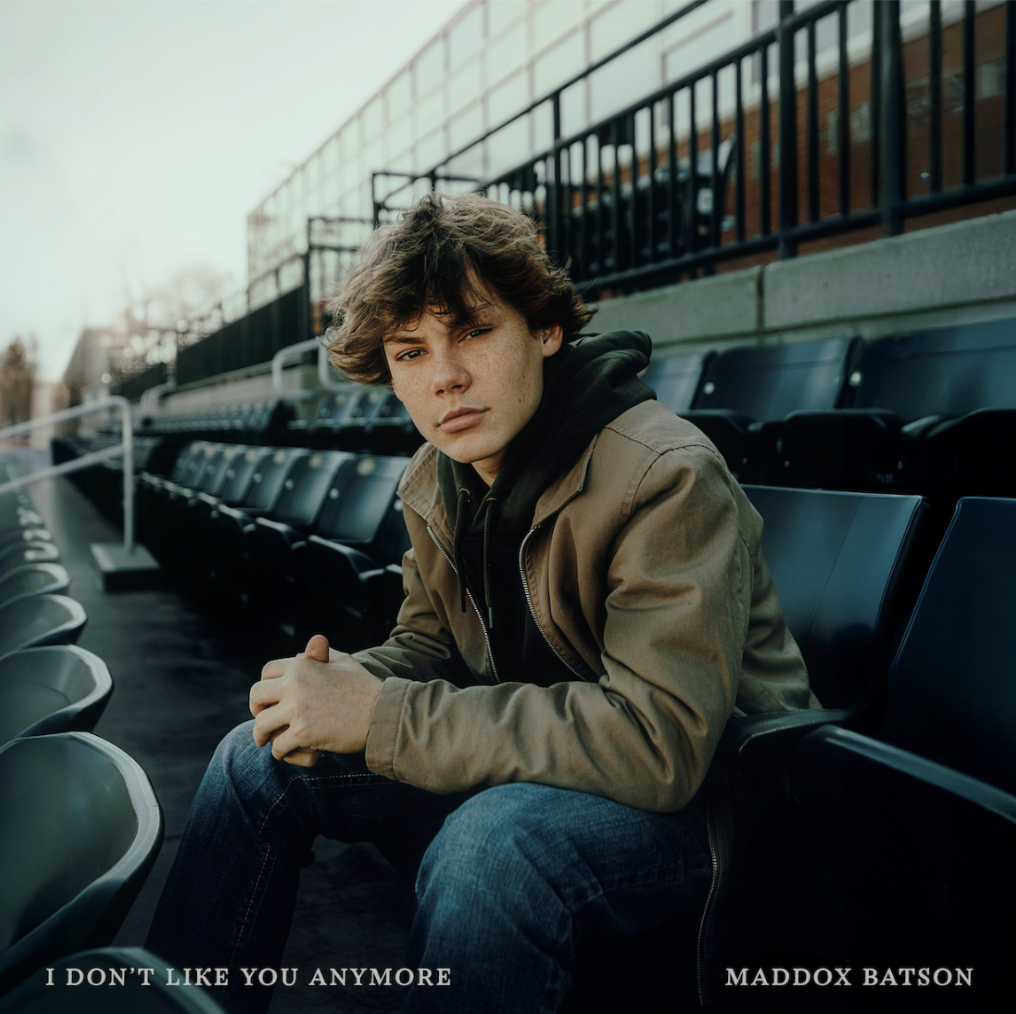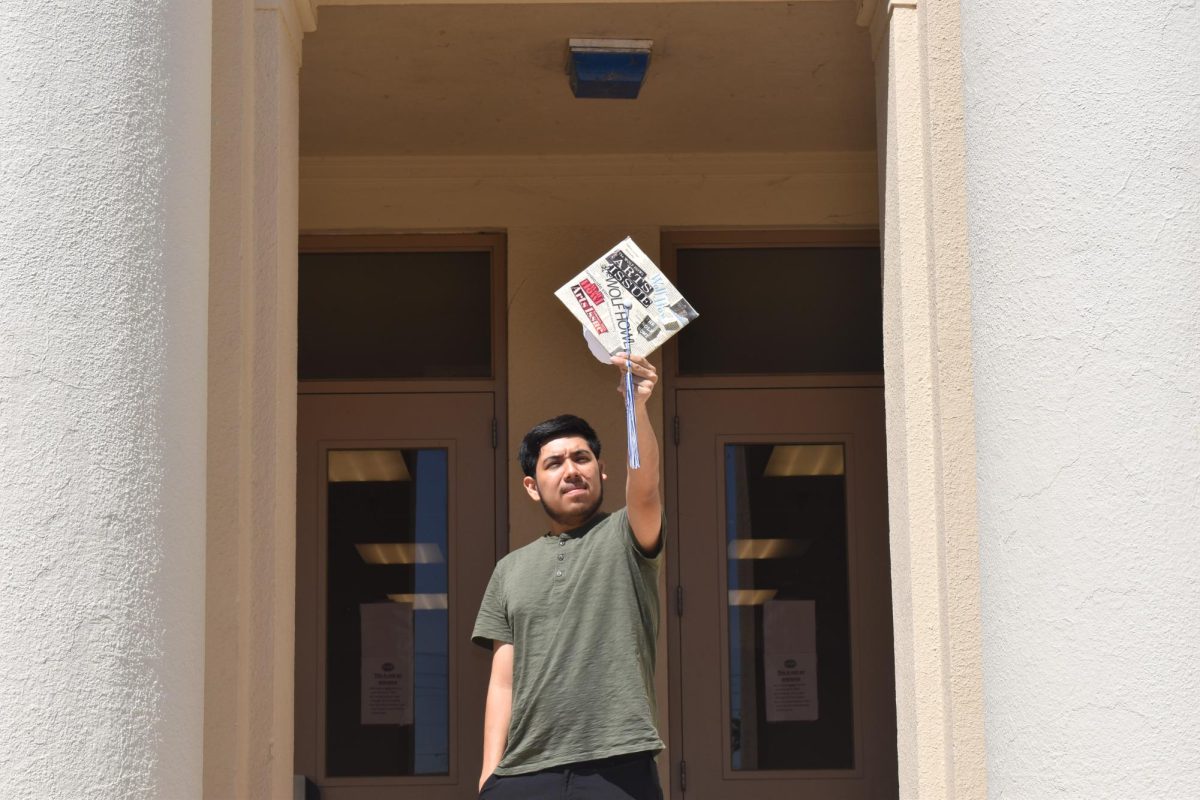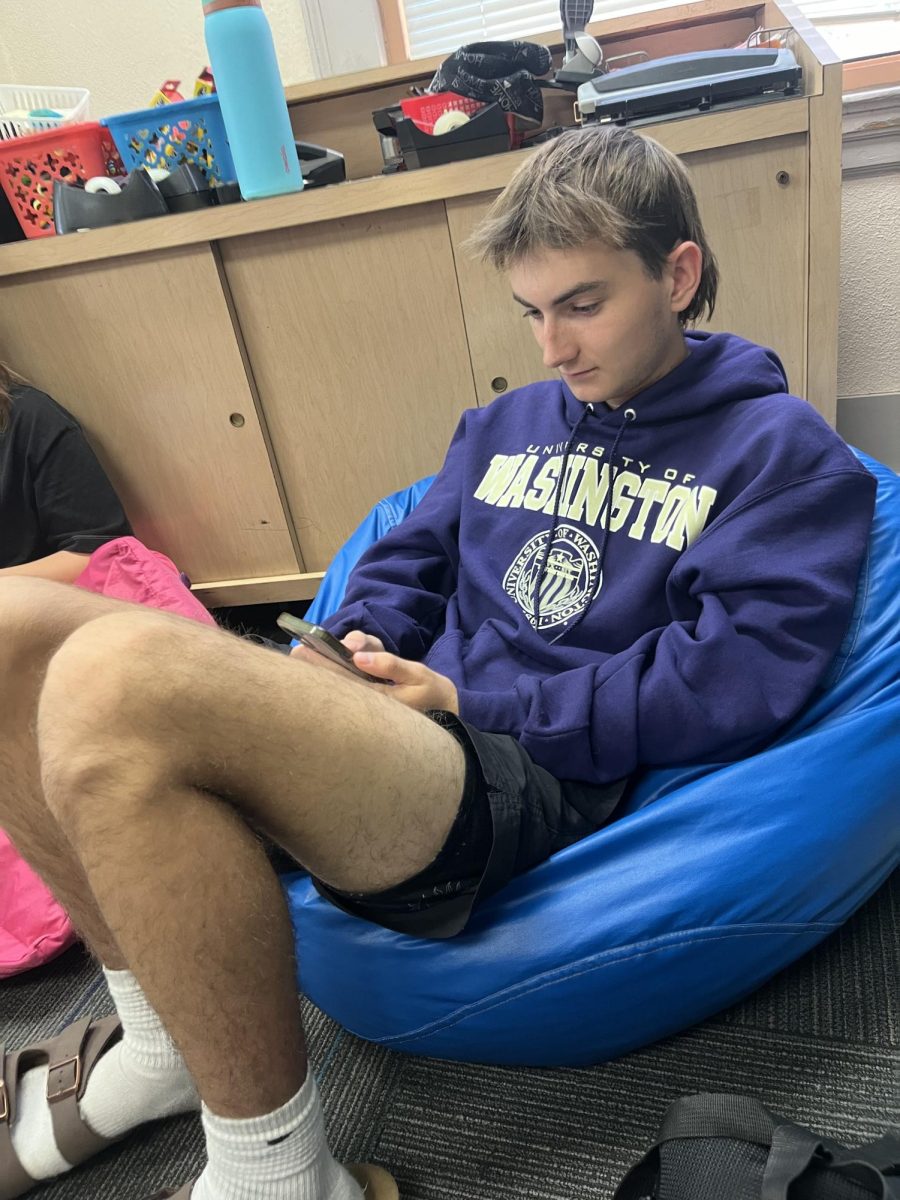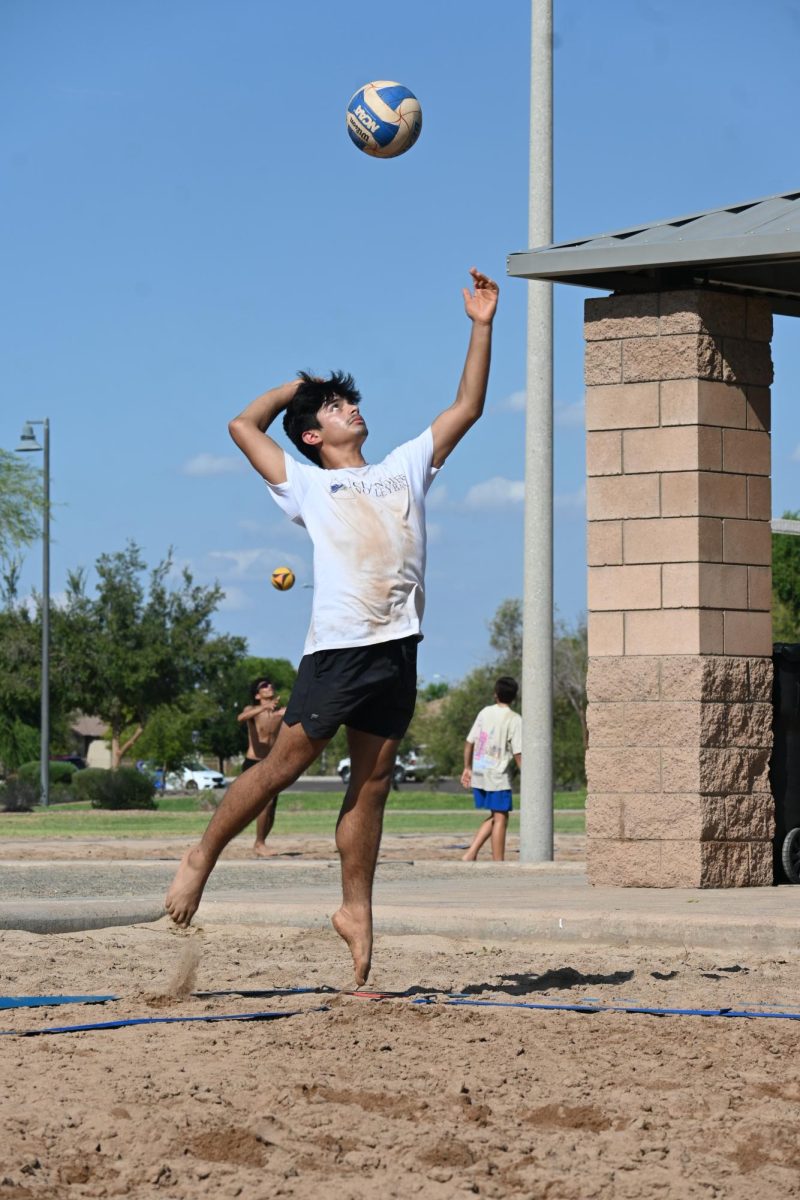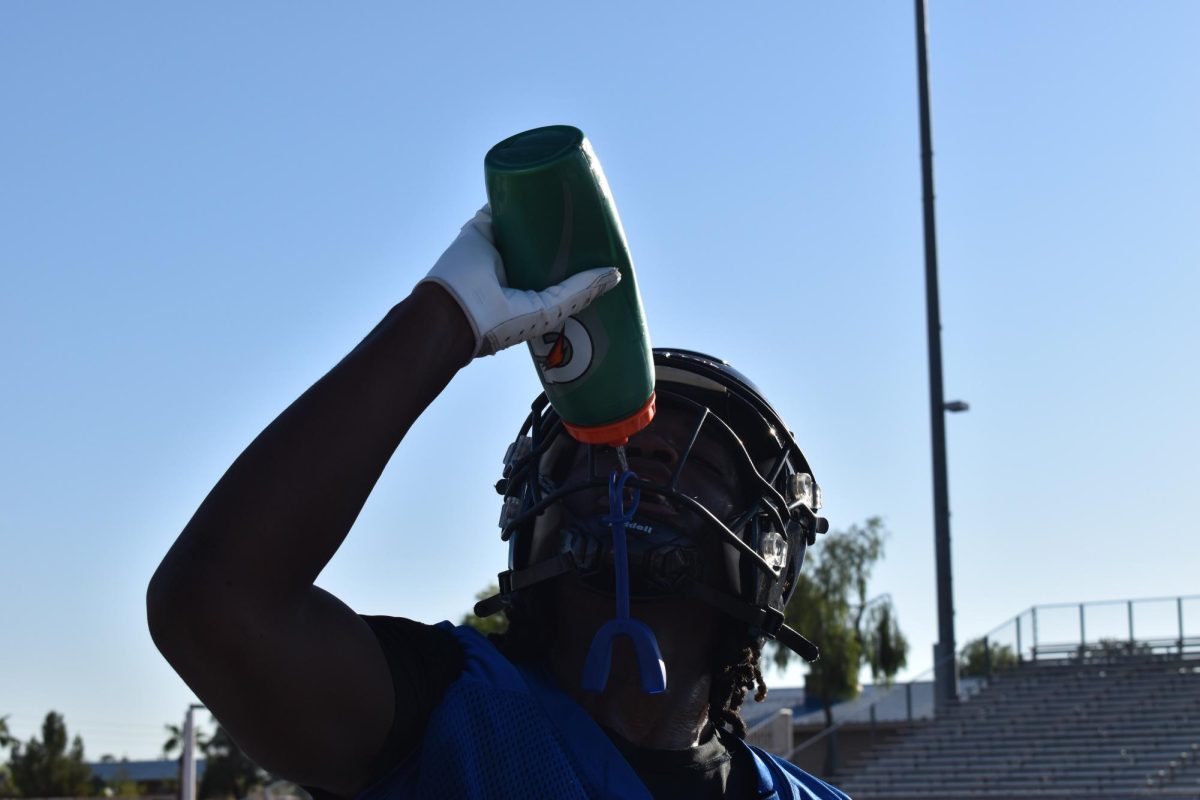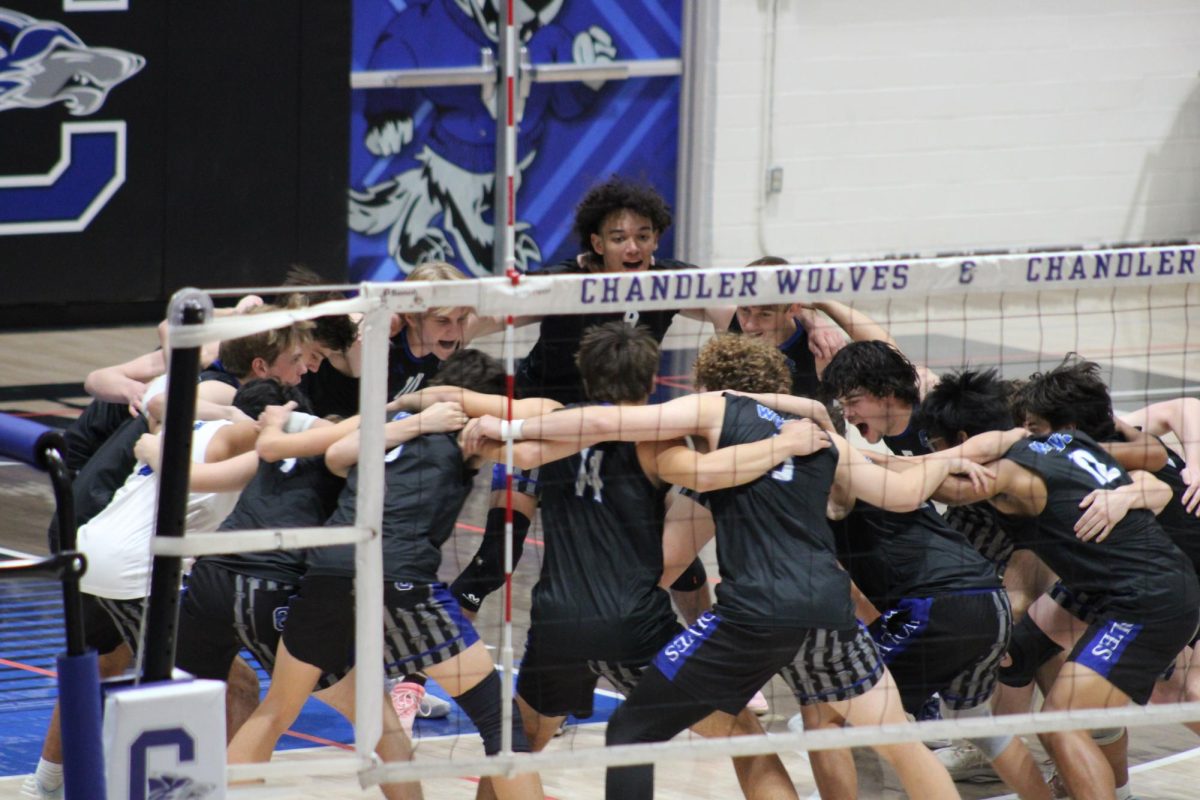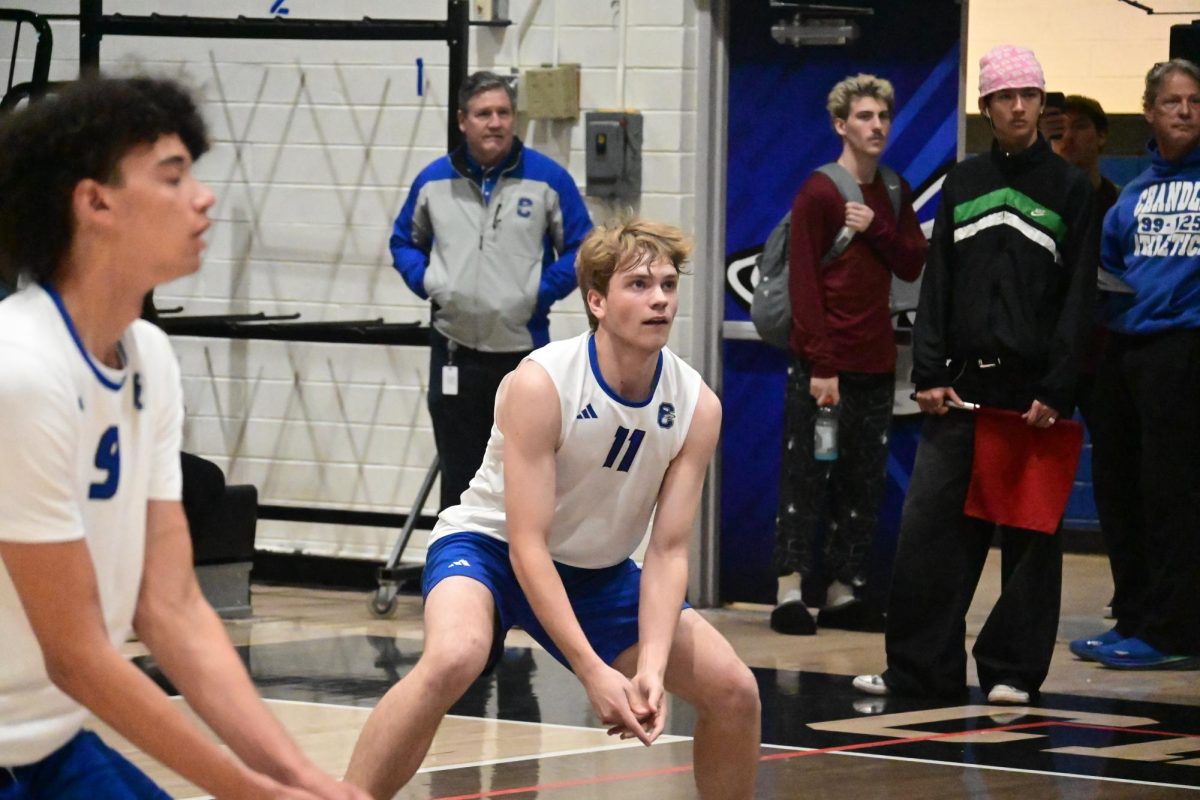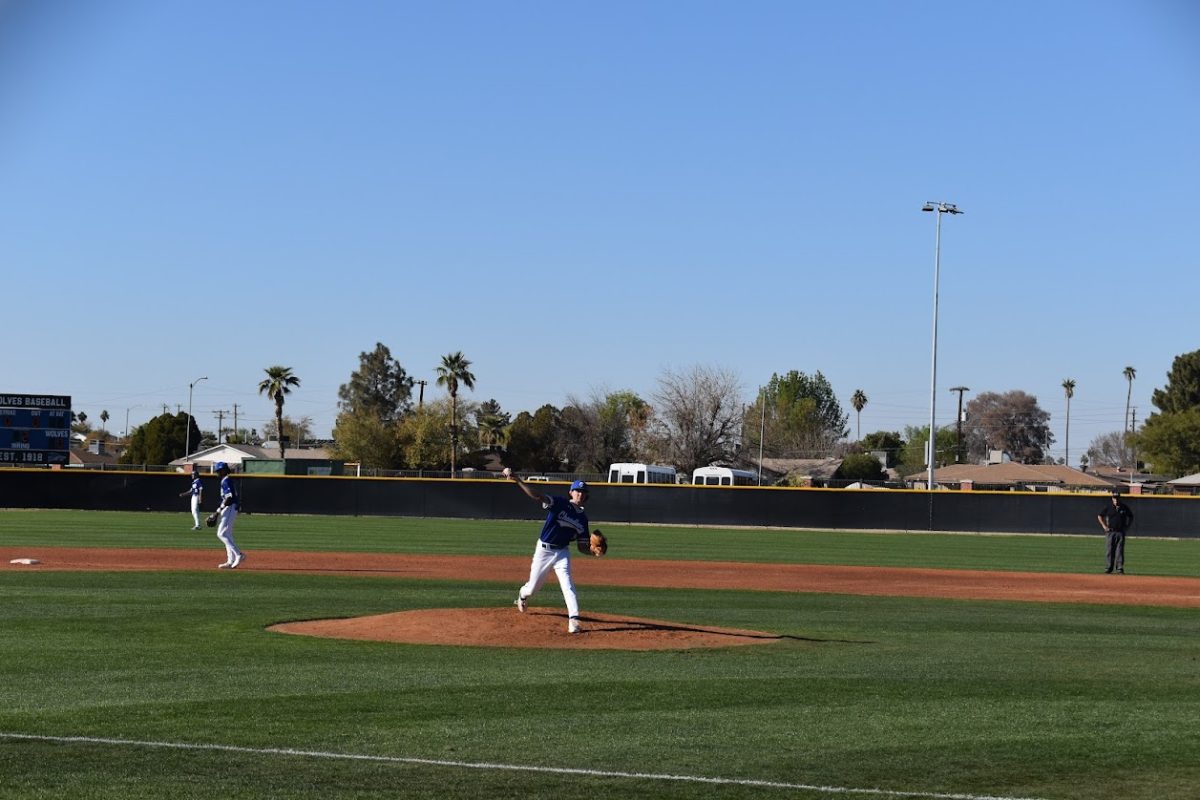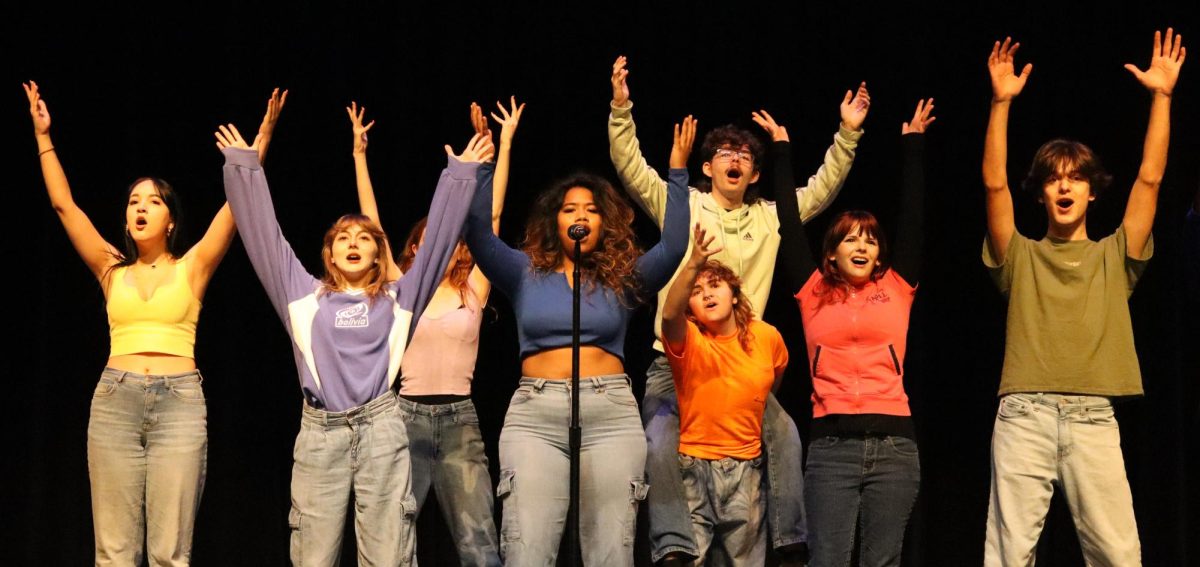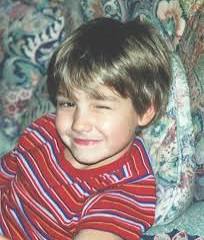
English singer and songwriter Liam Payne’s tragic death on October 16, 2024, isn’t just about a life lost—it’s a harsh spotlight on an entertainment industry that often chews up young talent and spits it out broken. Payne, once a charismatic teenager in the global phenomenon One Direction, grew into a complicated man, grappling with addiction, poor decisions, and a reputation for public missteps. While his behavior was far from saintly, his story compels us to ask: How much of it was fueled by an industry that treated him as a product first and a person second?
Payne entered the spotlight at age 16, alongside his One Direction bandmates. As his fame skyrocketed, so did the cracks in his mental health. He struggled publicly with alcoholism and admitted to being “lucky to be alive” after hitting rock bottom multiple times. His troubling outbursts, including an infamous tirade about Zayn Malik, and other questionable actions led some to dismiss him as problematic. But beneath the headlines was a man openly battling the pressures of fame, a cycle many young stars face (ITV News).
The entertainment industry has long turned minor-aged artists into cash cows. Shirley Temple endured exploitation on set as early as age three, and Judy Garland was starved and harassed during the filming of The Wizard of Oz. Payne’s experience as a child star in a boy band wasn’t an anomaly—modern equivalents, like young TikTok “kidfluencers,” who spend long hours creating content, often directed by parents who treat them as money-making machines, face similar exploitation. Despite promises of reform, protections for these young creators remain inconsistent, leaving them vulnerable to the same cycles of exploitation that have plagued the entertainment industry for decades.
In the aftermath of Payne’s passing, fans have rallied behind a petition for “Liam’s Law.” The proposed legislation would require mandatory mental health support, enforced rest periods, and stricter oversight of working conditions for young performers in the UK. With over 120,000 signatures, it reflects widespread frustration at how little has changed to protect vulnerable stars.
Payne’s struggles weren’t unique; they’re symptomatic of a system that has failed generations of young stars. Studies show up to 50% of child actors experience exploitation during their careers, often working grueling hours, missing out on education, and lacking financial safeguards (Taylor & Ring; Humanium).
Even with fame and fortune, many are left emotionally and mentally scarred. Payne’s open struggles with substance abuse and mental health were red flags, but the industry often normalizes such crises instead of addressing their root causes. When young stars stumble, the world is quick to condemn, but few ask why these cycles of harm persist.
The entertainment industry has thrived for decades on the talents of its youngest stars while neglecting to protect the dreams it profits from. Liam Payne’s story shouldn’t end simply as a tragedy. His death has ignited a movement that could reshape the entertainment industry, ensuring future generations of stars are treated with dignity, not as disposable assets—a call for compassion in an industry too often devoid of it.

